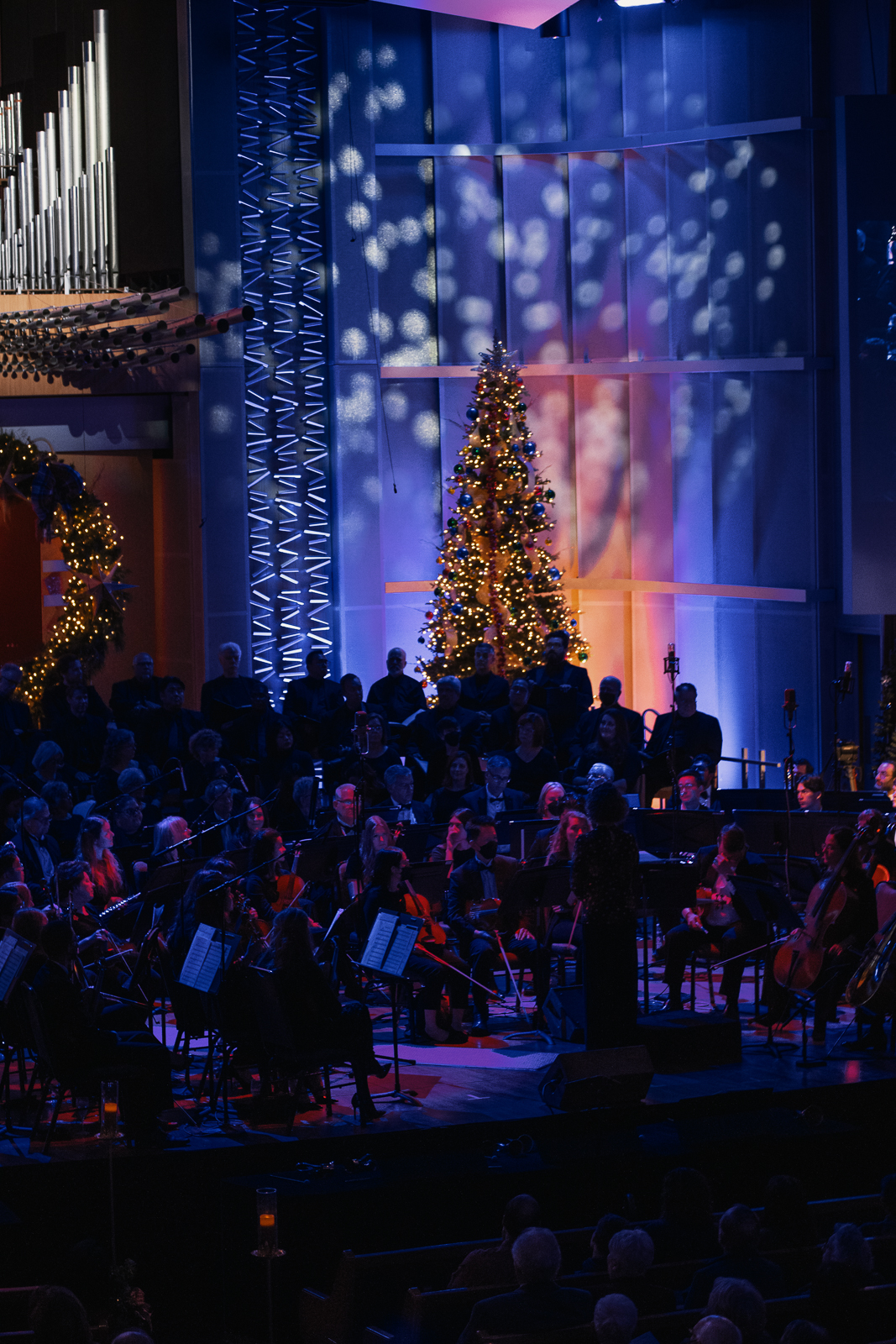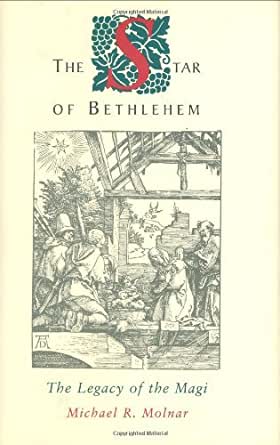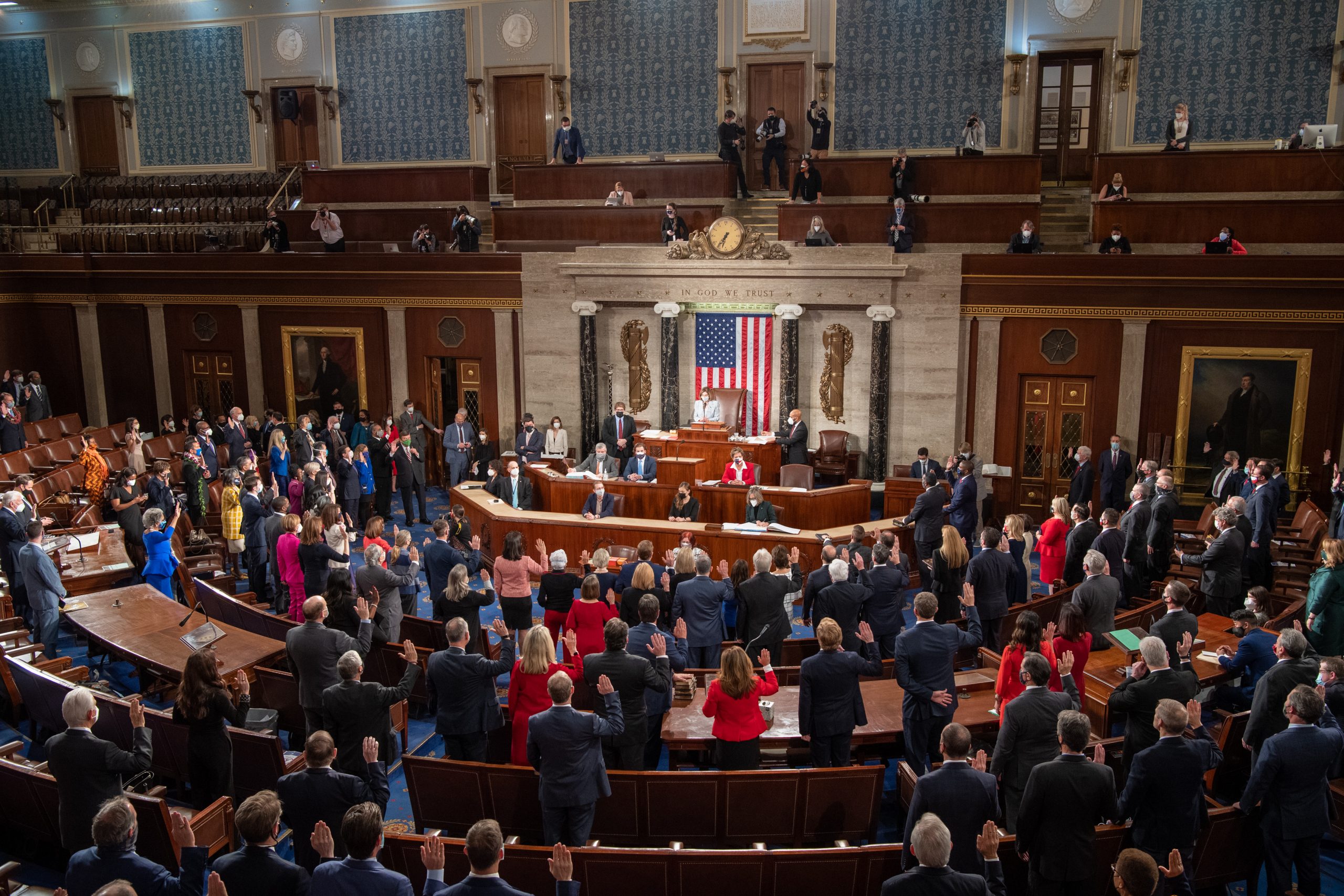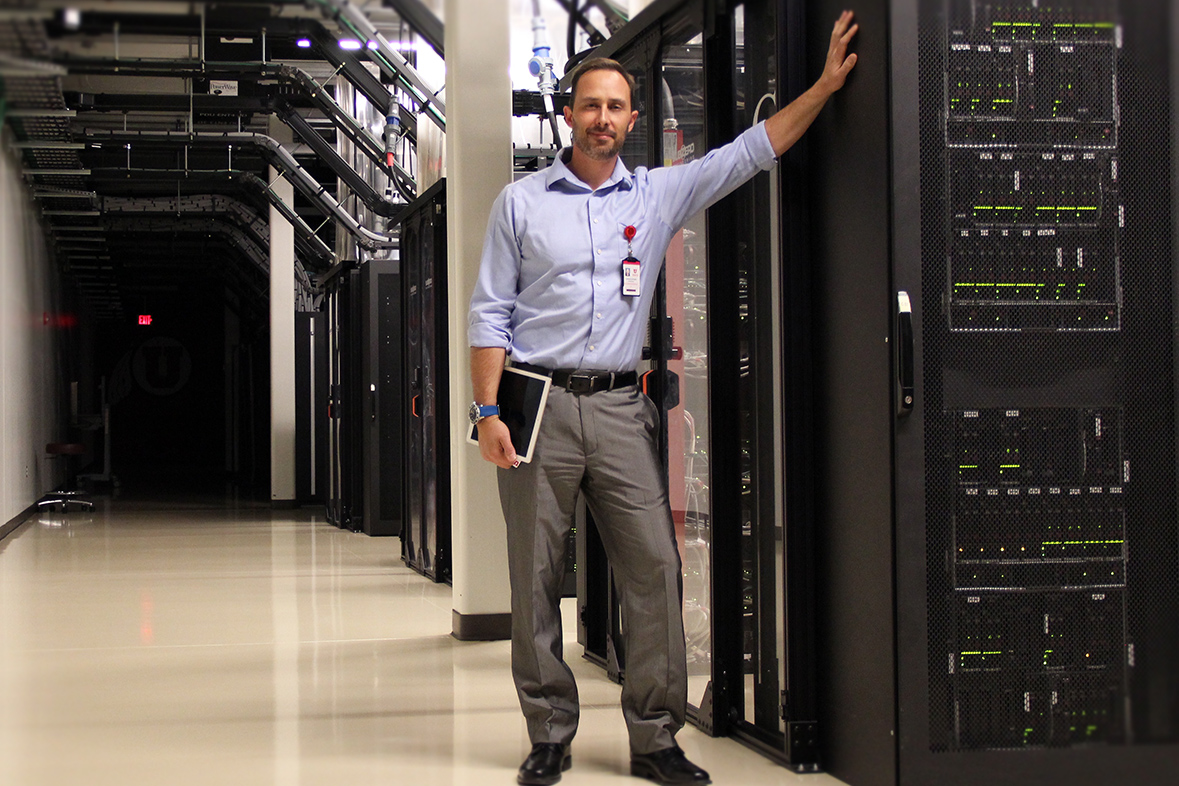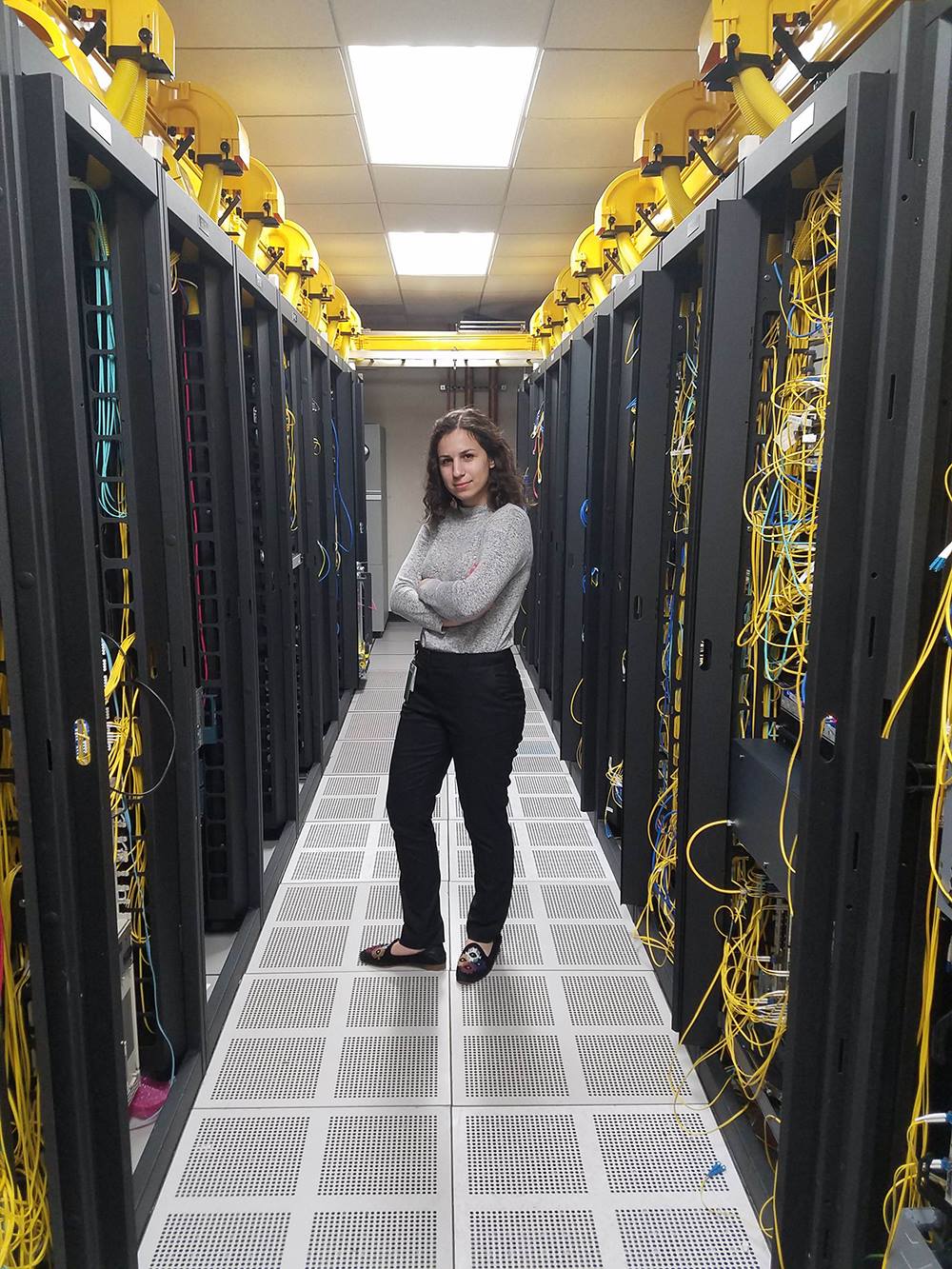2022 Christmas Candlelight Concert
- Home Page 288

Cloud
Today at 15:00 UTC we unpack the moment for private, public and hybrid cloud computing networks relevant to education communities; with attention to real asset creation and management. The user-interest in this domain is absent because experts are scarce and expensive; a not-uncommon condition in information and communication technologies. The user-interest (usually an ICT functionary with a title such as Cloud Network Engineer or Cloud Security Manager) asserts a consumer voice through price signals.
We examine prevailing vendor lock-in tendencies and reflect upon the reciprocal nature of innovation and standardization.
Open to everyone. Use the the login credentials at the upper right of our home page.
SELECTED REFERENCES
NIST Releases Evaluation of Cloud Computing Services Based on NIST SP 800-145
NIST Cloud Computing Standards Roadmap (2011)
ISO/IEC JTC1/SC38 Cloud Computing and Distributed Platforms
IEEE Standard for Adaptive Management of Cloud Computing Environments
Uptime Institute Tier Classification System
OneM2M Standards for M2M and the Internet of Things
ATIS Cloud Framework for Telepresence Service
NFPA Standard for the Fire Protection of Information Technology Equipment
NFPA 110 Standard for Emergency and Standby Power Systems (and NFPA 111)
SELECTED RECENT RESEARCH (2021-2022)
Challenges and issues in energy efficient load balancing in the cloud computing environment
Application of Cloud Computing in university library user service model
Research on the Sharing Model of University Archives Information Resources Based on Cloud Computing
Elsie Fogerty
This content is accessible to paid subscribers. To view it please enter your password below or send mike@standardsmichigan.com a request for subscription details.
Education Credentials of United States Congress Members
This content is accessible to paid subscribers. To view it please enter your password below or send mike@standardsmichigan.com a request for subscription details.
New update alert! The 2022 update to the Trademark Assignment Dataset is now available online. Find 1.29 million trademark assignments, involving 2.28 million unique trademark properties issued by the USPTO between March 1952 and January 2023: https://t.co/njrDAbSpwB pic.twitter.com/GkAXrHoQ9T
— USPTO (@uspto) July 13, 2023
Standards Michigan Group, LLC
2723 South State Street | Suite 150
Ann Arbor, MI 48104 USA
888-746-3670


